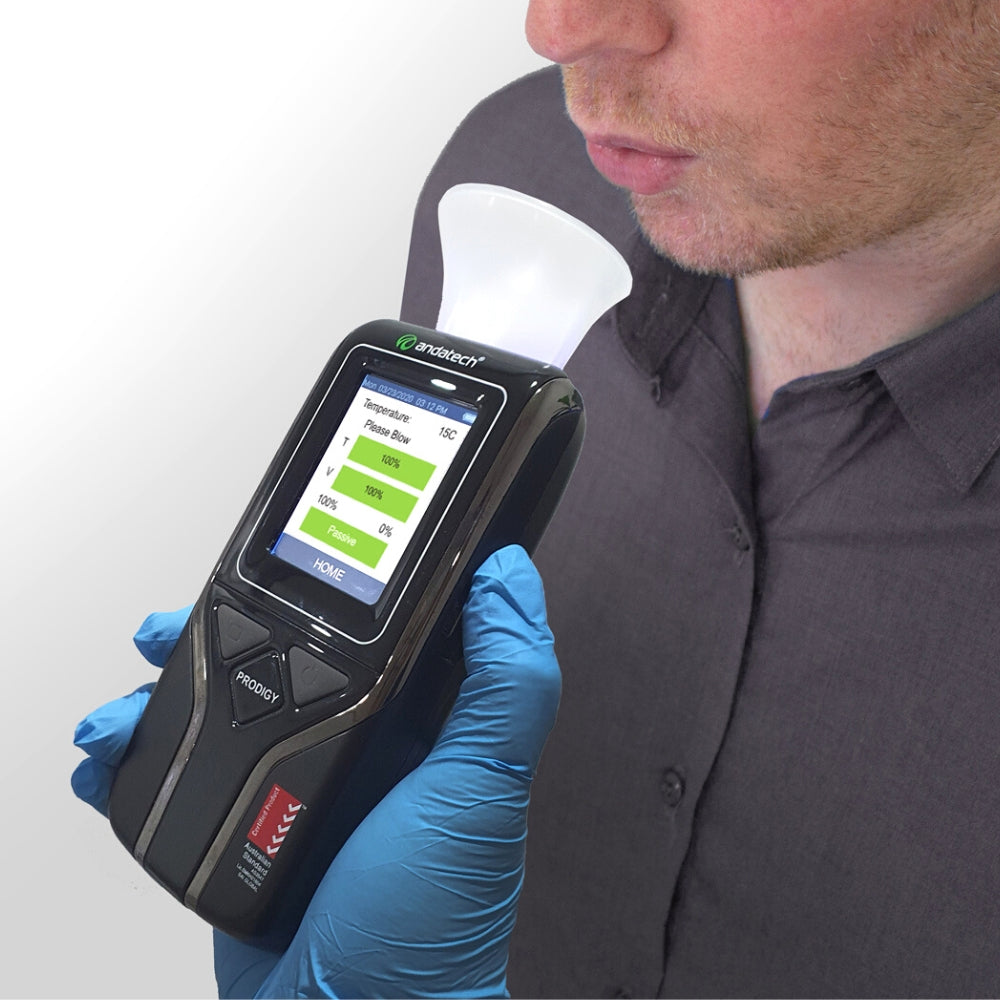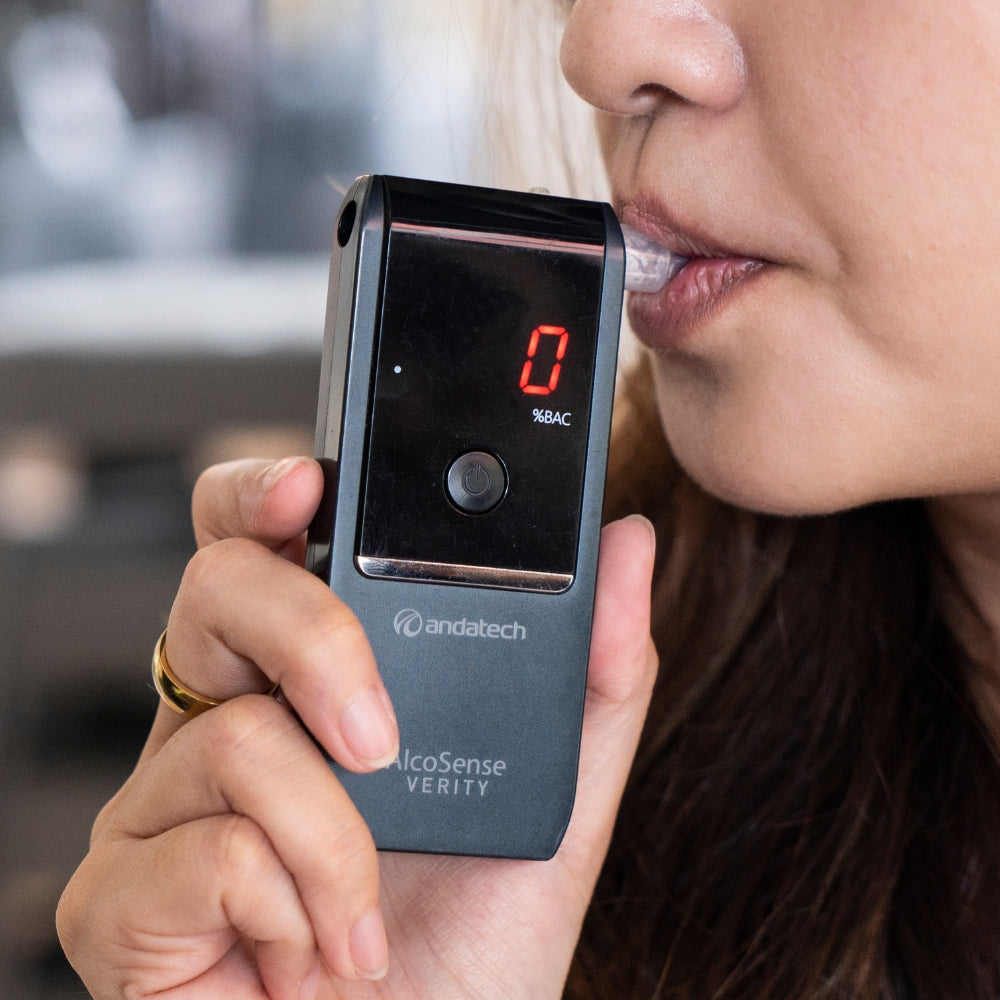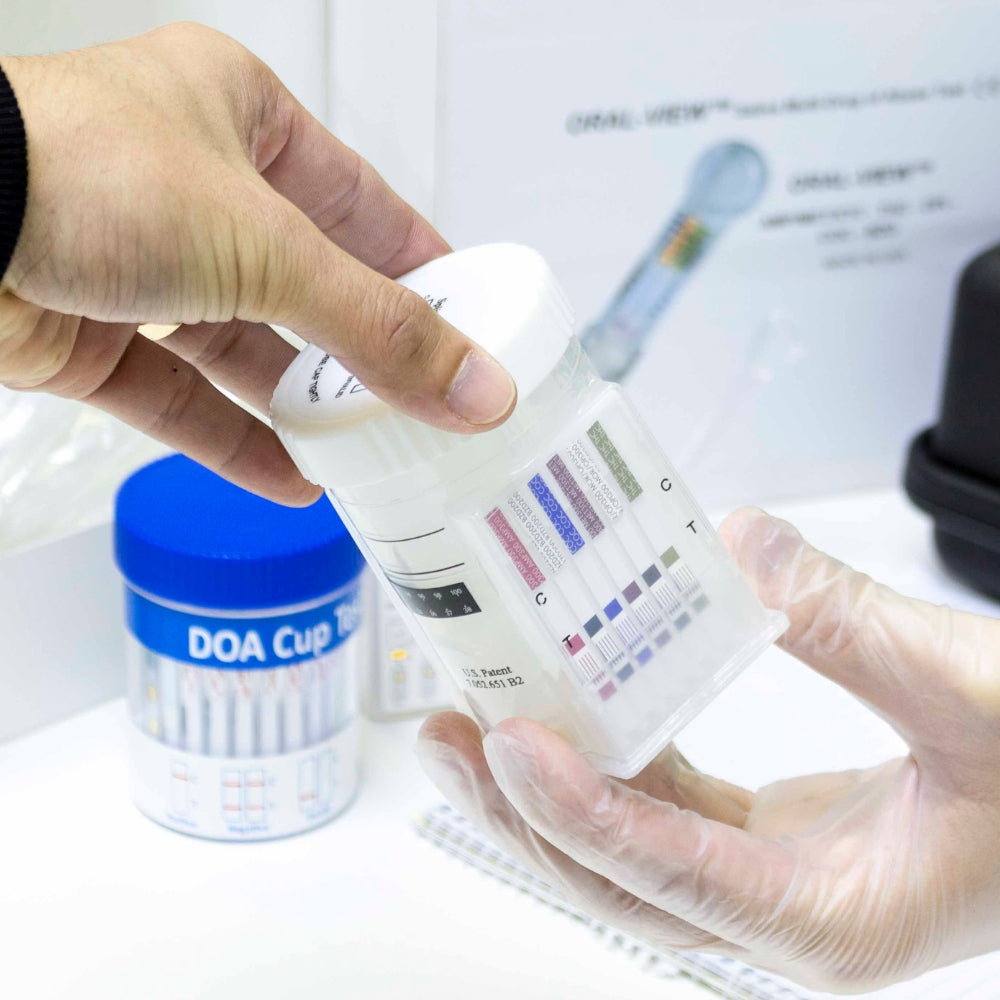Most people are familiar with cannabis (commonly referred to as weed and marijuana) as it is the most widely used psychoactive substance under international control. However, cannabis’s synthetic counterpart could prove to be a more significant threat to society due to its unpredictable nature.
Synthetic cannabis is classified as a New Psychoactive Substance (NPS) - a group of substances originally created to induce a "legal high from common, illicit drugs, such as cocaine, MDMA, cannabis, etc.”. Some of its street names include Kronic, K2, Kaos and Spice.
It gained notoriety in the early 2000s for offering similar effects to marijuana at a lower price. However, some scientists believe that the term ‘synthetic cannabis’ is misleading as the effects of this drug are not similar to that of traditional cannabis or marijuana.
What is K2 or synthetic marijuana?
Unlike regular cannabis, its synthetic counterpart was created in a lab with multiple active ingredients that can be dangerous.
Initially created by scientists to study the effects of cannabis on the brain, synthetic cannabis was later used for recreational purposes in the early 2000s. This was done in hopes that synthetic weed would mimic the effects of traditional marijuana, but in reality, it did not.
Traditional cannabis originates from the cannabis plant, with the main active ingredient being delta-9-tetrahydrocannabinol (THC). Initially, chemists producing synthetic cannabis made them structurally similar to THC. Since then, however, a wide variety of compounds with structures much different from that of THC have been synthesised.
Today, there are several hundred synthetic cannabinoids in existence, and they all stimulate cannabinoid type 1 receptor (CB1), just like the active component in natural marijuana, THC, that provides the high.
However, natural marijuana does not comprise of only THC; other constituents in natural marijuana, such as cannabidiol (CBD), help to temper the negative impact of THC but are absent in synthetic cannabinoids. In addition to that, there is also a risk that synthetic cannabinoids can be adulterated with other chemicals, ranging from opioids to rat poison.
Problems arise because some synthetic cannabinoids stimulate non-cannabinoid receptors, which can also cause unanticipated effects. There is no way to know which synthetic cannabinoids are in your purchased product. As such, the effects of synthetic marijuana can be unpredictable and dangerous.

How synthetic cannabis is consumed
Synthetic marijuana is intended to replicate the look and feel of traditional marijuana. Hence, it can be consumed in the same ways. To induce the effects, this drug is often sprayed on dried or shredded plant material so it can be smoked as one would with regular marijuana, or baked into foods to eat.
The dangerous effects of synthetic cannabinoids
The Australian Alcohol and Drug Foundation (ADF) reported that once consumed, the effects of synthetic cannabinoids are usually felt within five minutes.
Generally, it induces feelings of relaxation and euphoria (similar to that of cannabis sativa/indica) but ADF identified some side effects below:
- loss of coordination
- fast and irregular heartbeat
- racing thoughts
- psychosis
- aggressive and violent behaviour
- chest pain
- nausea and vomiting
- raised blood pressure (hypertension)
In extreme cases, a user can even suffer from breathing difficulties, hyperthermia (overheating), breakdown of muscle tissue (rhabdomyolysis), acute kidney injury, seizures, stroke and even death.
If you or a person you know is suffering from these effects, it is recommended to try calming exercises such as deep breathing. Contact local healthcare or emergency response teams to get professional help if conditions don't improve.
Immediate health effects of synthetic weed
Many people suffer upset stomachs with synthetic cannabinoids, and vomiting is also common (which is contradictory to the effects of medical marijuana as it is used to prevent vomiting). Finally, there is a risk that synthetic weed can damage both the muscles and kidneys.
Rarely, people reported having trouble breathing, but in some cases this is due to adrenaline release. In other cases, the butane that was used to extract THC from marijuana before laboratory alteration was not removed.
The butane ignites during smoking and damages the lungs. Early detection and aggressive treatment for all of these adverse events can help to prevent severe medical conditions or death.
Synthetic weed addiction
As with most other substances, a user will risk developing synthetic weed addiction. Regular users trying to quit may have synthetic marijuana withdrawal symptoms, including headaches, anxiety, depression, and irritability.
Medication and therapy have not specifically been tested for addiction treatment to these products. Synthetic weed is known to cause mind-altering effects and can increase users' risk of mental illness if used regularly. Healthcare providers should screen patients for possible co-occurring mental health conditions.
Synthetic marijuana overdose
Overdosing occurs when one uses too much of a drug, resulting in a dangerous reaction such as harmful long-term medical symptoms or even death.
In 2021, 41 people were hospitalised and 2 dead after consuming a dangerous amount of synthetic marijuana that caused severe bleeding in America.
The usage of synthetic cannabinoids has resulted in toxic reactions, reduced blood supply to the heart, seizures, kidney damage, and elevated blood pressure. Death can also occur when the drug is consumed along with other substances, such as fentanyl and other synthetic opioids.
How long does synthetic weed stay in your system?
As mentioned before, synthetic weed may consist of numerous ingredients and different batches of the product may differ in terms of consistency and substances. Due to that, the amount of time it takes for synthetic marijuana to completely leave your body is difficult to determine. In addition, a user’s individual factors such as those below may cause discrepancies in how long synthetic cannabis stays in your body:
- Body fat content: Higher body fat content typically leads to a slower rate of metabolism and excretion.
- Liver function: Because the liver metabolises THC, impaired liver function can slow down the metabolism of synthetic marijuana.
- Renal function: If something affects your kidney’s ability to remove waste and balance fluids, the elimination of K2 components can occur at a slower pace.
- Urinary pH: Low urine pH (acidic) boosts the elimination rate of synthetic weed while alkaline urine has a slowing effect.
- Dosage: How long synthetic marijuana stays in your system also depends on the dosage. Chronic users’ bodies will eliminate the drug at a slower rate.
Synthetic cannabis testing
Synthetic cannabinoid detection in urine and saliva is possible with drug test kits that detect K2. If you suspect someone is under the influence of synthetic weed, test them with a K2 drug test kit from Andatech to be sure before seeking help from a qualified professional.
Synthetic weed overview
- Synthetic weed is an artificial ‘designer drug’ that is far more dangerous than marijuana as its effects are highly unpredictable and more intense.
- The psychoactive ingredients are usually sprayed on plants and other dry herbs to mimic the look of real cannabis. It is usually smoked but can also be infused with food and drinks.
- Apart from an elevated mood and feelings of relaxation, synthetic marijuana also causes psychotic effects such as anxiety, confusion, paranoia and in some extreme cases, hallucinations.
- Synthetic weed can be just as addictive as other substances and quitting it might prove to be challenging as one can experience withdrawal symptoms similar to other drugs.
Victims of drug abuse and addiction should be treated with empathy, as overcoming a drug addiction can be a long and lonely path.
Disclaimer: The information provided in this article is for general reference only. Please seek advice from professionals according to your business’s needs.
Written by Jaka Exstrada









